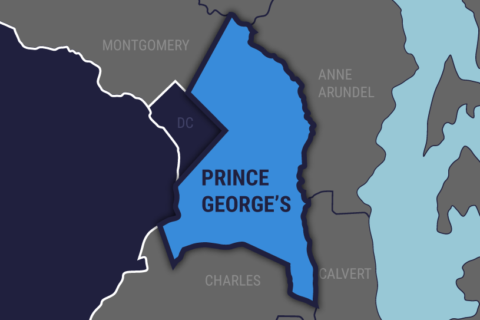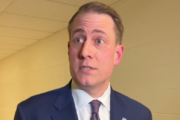WASHINGTON — There is no such thing as a sure bet, but experts expect to see an increase in problem gambling with Thursday’s opening of the MGM National Harbor Casino and Resort.
“With the new casino opening, research has shown that especially within the first few years, there’s likely to be a significant increase in the rates of individuals with gambling problems within a 10- to 30-mile radius of the casino,” said Lori Rugle, program director with the Center of Excellence on Problem Gambling, at University of Maryland School of Medicine.
Addictive gambling is a psychiatric disorder, listed in the DSM-5 as Gambling Disorder.
“We have been working diligently with folks in Prince George’s County to get out the prevention message, of how not to have problems, how to keep gambling fun and problem-free, how to stay within your limits, of both the amount of money and the amount of time you want to spend gambling,” said Rugle.
The lure of the casino can be strong, especially for vulnerable people, she said.
“There are likely to be people who go to the new casino because it is very glitzy, very attractive, and a very elegant place to be,” said Rugle. “They try it, perhaps for the first time, and really enjoy it.”
While most visitors to casinos are able to dabble with gambling, some begin to get addicted, said Rugle.
“They like the feel, they get a buzz, they get a high, and they forget about their problems. They go back again, and again, and again, and they don’t realize gambling can be an addictive behavior, like drugs or alcohol, so they don’t realize what they’re getting caught up in.”
Rugle said gambling, like drinking and taking drugs, can seem soothing in times of stress, but the long-term effects can be damaging.
“You shouldn’t be gambling to take care of unpleasant feelings, loss, or grief,” said Rugle.
“Many older adults find the casino a welcoming place to be, since it’s open all the time, whereas senior centers may not be open on weekends and holidays.
“Casinos are safe, well-lit, and attractive,” said Rugle. “They’re a very welcoming place for a whole range of individuals, who might be vulnerable emotionally, to become more addicted to gambling before they even realize what they’re getting into.”
The American Gaming Industry disagrees with the notion that proximity exacerbates the likelihood of addiction.
“The AGA takes problem gambling very seriously,” said Steve Doty, director of media relations for AGA. “Problem gambling prevalence rates are essentially the same — approximately 1 to 4 percent of the population — independent of location, availability of casino gaming, and over time.”
Some of the warning signs of problem gambling include going beyond budgeted time and money, spending less time on other social activities and hobbies, and foregoing work and family responsibilities.
Rugle said a 24-hour gambling hotline is posted at casinos — 1-800-GAMBLER — and more information is available at helpmygamblingproblem.org.








